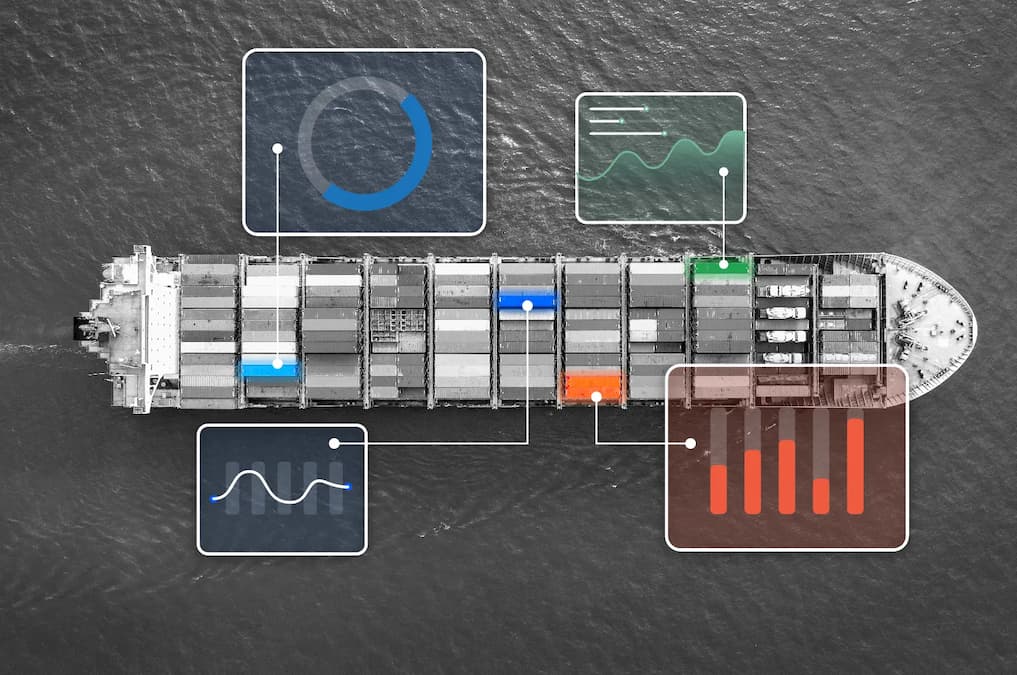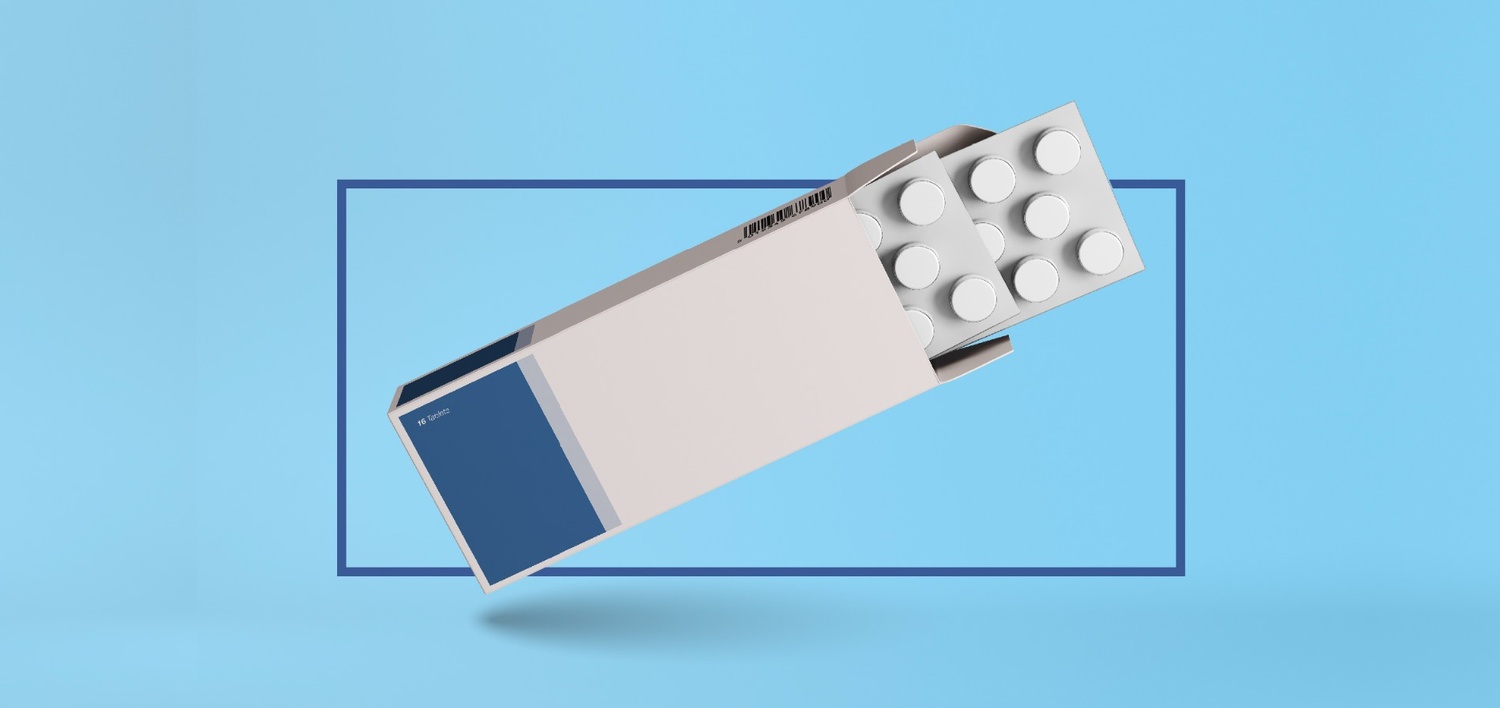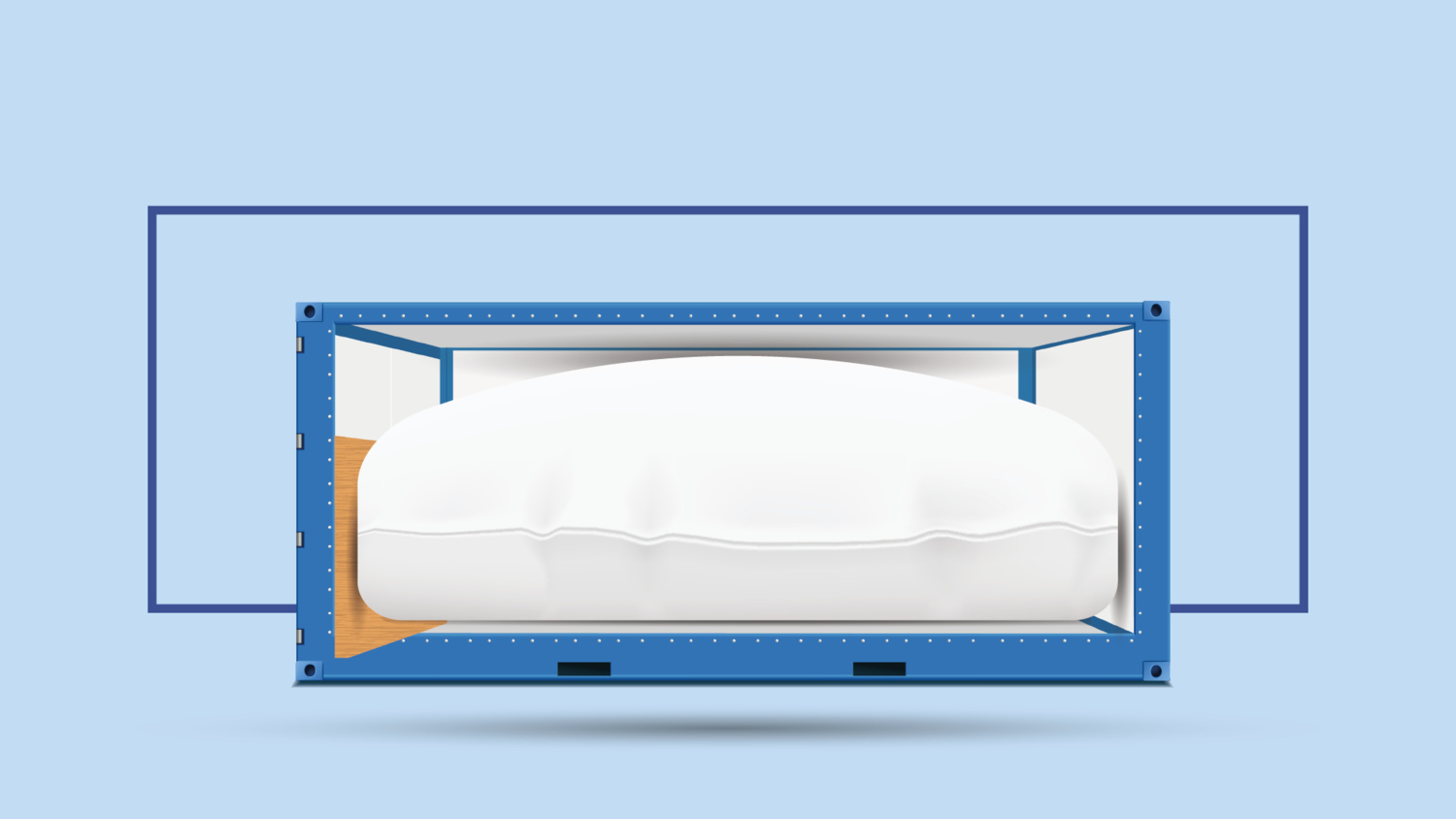The Global Container Geofence Library: an initiative of industry experts

In today's interconnected world, the efficiency and security of global supply chains are more critical than ever. Introducing innovative technologies such as geofencing has opened new avenues for enhancing these aspects. At the heart of this evolution lies the Bureau International des Containers' (BIC) Global Container Geofence Library, a pioneering initiative designed to harness the power of geofencing technology to redefine logistics and container shipping standards.
This article delves into the significance of geofencing, the role of the Global Container Geofence Library in leveraging this technology, and how industry collaboration, exemplified by contributions from figures like smart-container pioneer AELER's Gadi Benmoshe, Roman Heimgartner, and Marianna Levtov and their digital team, is pivotal in driving forward the aspirations of a more secure, efficient, and sustainable global supply chain.
What is Geofencing?
Geofencing employs geo-coordinates to create virtual perimeters around a specific location, enabling the real-time monitoring of IoT-enabled containers as they enter or leave designated zones. This technology revolutionises logistics management by offering unprecedented visibility and control over container movements. It enhances operational efficiency and security across the global supply chain by allowing companies to monitor and stipulate where, for example, a truck carrying high-value pharmaceuticals or luxury goods can stop. Safe zones can be designated for rests, food, or bathroom breaks to ensure the security of the cargo.
The Global Container Geofence Library: An initiative of industry experts
In response to the need for heightened security, improved standardisation, and increased sustainability in global logistics and container shipping, the Global Container Geofence Library has been developed. This ongoing project demands further contributions to maintain and review the geofences, representing a significant shift in supply chain efficiency, benefiting from the contributions from professionals such as Gadi Benmoshe, Institutional Network Lead, Roman Heimgartner, Head of Digital, and Marianna Levtov, Head of Network & Advocacy, all at AELER. They specifically contributed to a UNCEFACT Geofence white paper, which was integral to the library's growth.
The library distinguishes itself through innovative features and a commitment to collaborative development and sustainability.The Global Container Geofence Library provides up-to-date geofence data for ocean terminals and shipping container facilities, ensuring that information is current and accurate through version-controlled geofences. This is crucial for maintaining the integrity and reliability of the data.
Additionally, the library facilitates seamless communication across the logistics chain by integrating with standardised codes, such as the BIC Facility Code and SMDG Terminal Codes, through API EDIFACT message exchanges. This standardisation of communication protocols enhances efficiency and reduces the potential for errors in data transmission.
A notable feature of the library is its collaborative platform, which allows industry stakeholders to review and agree on geofence boundaries collectively. This fosters a spirit of consensus and cooperation, ensuring that the geofences accurately reflect the needs and concerns of all parties involved. Furthermore, the library's ease of accessibility, enabling immediate access to approved geofences via an API, allows for effortless incorporation into existing logistical frameworks. This makes it a practical and valuable tool for companies looking to enhance their operational efficiency.
Beyond its immediate practical applications, the Global Container Geofence Library aligns with the long-term sustainability objectives within the logistics sector. By facilitating more accurate tracking and management of shipping container movements, the library helps to optimise routes, reduce unnecessary travel, and minimise the environmental impact of shipping activities. This focus on sustainability highlights the library's commitment to improving security and efficiency in the short term and contributing to the broader goal of creating a more sustainable and responsible global supply chain.
The essence of collaboration
The involvement of Gadi Benmoshe, Roman Heimgartner, and Marianna Levtov in the Global Container Geofence Library project exemplifies the critical role of collaboration in driving technological and operational advancements within the logistics sector.
Their participation underscores the value of industry expertise and sharing insights towards achieving common goals. It highlights the significance of collective efforts in enhancing supply chain management. Working with AELER, a leader in logistics innovation, their contributions align with the library's objectives, particularly in the practical application of IoT technology for shipping container and cargo tracking and monitoring.This collaborative endeavour showcases the power of industry partnership in pursuing a more secure, efficient, and sustainable global supply chain.
The project sets a precedent for future collaborations, promising to significantly impact the logistics industry by integrating innovative technologies and practices. The roles of Benmoshe, Heimgartner, and Levtov, while part of a broader team effort, emphasise each contribution's importance towards the grand vision of transforming global logistics for the better.
Related resources


Smart containers: a comprehensive guide to the future of shipping
Smart containers: a comprehensive guide to the future of shipping


Case study: transforming pharmaceutical logistics with smart containers
Case study: transforming pharmaceutical logistics with smart containers




.jpg)


